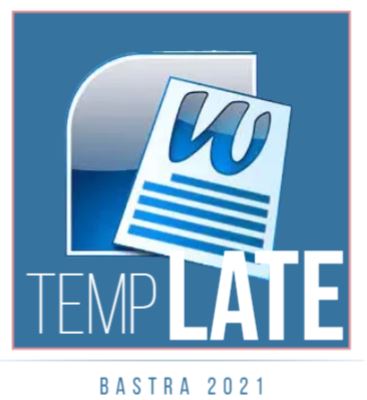STUDI KASUS TERJEMAHAN TRANSTOOL BAHASA INDONESIA DARI BAHASA INGGRIS
Keywords:
A case study, transtool translationAbstract
The objectives of this research are (1) to know the Indonesian transtool translation of English phrases and (2) to know the Indonesian transtool translation of English clauses.This research uses a descriptive-qualitative method, that deccribes the translation of English phrases and clauses into Indonesian. The research data are noun phrases that consist of two and three words, verb phrases that consist of two and three words, adjective phrases that consist of two words, and clauses. The data collection technique used are hearing and taking-note technique.The results of the research show that structurally English and Indonesian noun phrases are different. The structure of English noun phrases consists of modifier and head. Meanwhilw, in Indonesian the head is on the left side. The structures of English and Indonesian verbal phrases that consist of two and three words are the same. The structures of English and Indonesian adjective phrases are the same.Generally, the translation of noun, verb, and adjective phrases using transtool has been good. But, there are still errors. The errors of the transtool translation are on the translation of words, not structures.
Downloads
Published
How to Cite
Issue
Section
License
Authors who publish with PENTAS agree to the following terms:
Authors retain copyright and grant the Engagement right of first publication with the work simultaneously licensed under a Creative Commons Attribution License (CC BY-SA 4.0) that allows others to share (copy and redistribute the material in any medium or format) and adapt (remix, transform, and build upon the material) the work for any purpose, even commercially with an acknowledgement of the work's authorship and initial publication in BASTRA.
Authors are able to enter into separate, additional contractual arrangements for the non-exclusive distribution of the journal's published version of the work (e.g., post it to an institutional repository or publish it in a book), with an acknowledgement of its initial publication in BASTRA.
Authors are permitted and encouraged to post their work online (e.g., in institutional repositories or on their website) prior to and during the submission process, as it can lead to productive exchanges, as well as earlier and greater citation of published work (See The Effect of Open Access).

This work is licensed under a Creative Commons Attribution-ShareAlike 4.0 International License.








